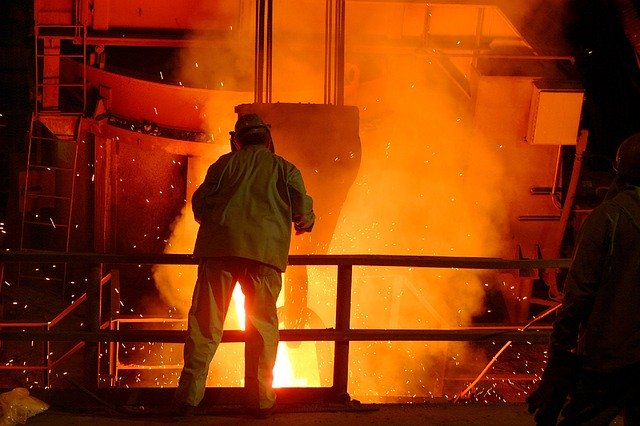
The Philippine manufacturing sector recorded double-digit declines in both volume and value in May 2020, although signs of a resurgence are starting to show, according to the National Economic and Development Authority (NEDA).
In the latest Philippine Statistics Authority (PSA) Monthly Integrated Survey of Selected Industries, Volume of Production Index (VoPI) and Value of Production Index (VaPI) both dropped year-on-year by 40.3% and 42.1%, respectively, in May. But the figures are better than the revised VoPI and VaPI of -43.6% and -45.5% recorded in April 2020, the highest declines seen since the start of community quarantines in March to stop the spread of the coronavirus disease (COVID-19).
READ: PH April manufacturing posts worst decline since 2001
Capacity utilization in May 2020 increased to 73.4% compared to 71.2% in April. In particular, capacity utilization of some of the largest sub-groups food and beverage manufacturing increased to 76.6% and 67% in May compared to April at 76.2% and 30.9%, respectively.
“The low production and sales indices for the manufacturing sector are expected given that most of the country was still on enhanced community quarantine (ECQ) in May. Demand was also subdued as people’s mobility remains limited. Despite this, we are seeing some signs of resurgence of the sector. As we transition to a new normal, we expect gradual recovery with improvements in logistics, particularly in the transport of essential goods and raw materials,” Acting Socioeconomic Planning secretary Karl Kendrick T. Chua said in a statement.
The government has started easing community quarantines in some low-risk areas in the country in May, and has further eased quarantines nationwide in June.
To support local manufacturing, Chua said government will facilitate and support manufacturing firms that will redirect production to increase the supply of essential goods and intermediate inputs, particularly for increasing the country’s capacity to address health and medical needs amid the COVID-19 pandemic.
New infrastructure projects in areas such as health, digital economy, digital education and power will be prioritized to help increase construction activities and boost employment, as well as increase demand on construction-related manufactures.
As majority of the country’s micro, small, and medium enterprises (MSMEs) have experienced significant financial difficulties, Chua said the government will also continue to provide assistance through grants, low interest loans, credit guarantee, among others, to enable enterprises to safely resume business operations.
“As more firms reopen, we need to remind everyone that the risk of Covid-19 infection remains. It is very important for firms to strictly comply with minimum health standards to mitigate risks in the workplace. We need to make sure that our workers’ health is not compromised and that we are able to contain the spread of the virus,” said Chua, who is also director general of NEDA.
“The whole-of-government, led by NEDA, is currently reviewing strategies and policies in the Philippine Development Plan 2020-2022. A number of strategies need to be scaled up and fast-tracked, particularly as they relate to technology and innovation. These will help firms and society, in general, become better prepared against future disruptions,” Chua said.





